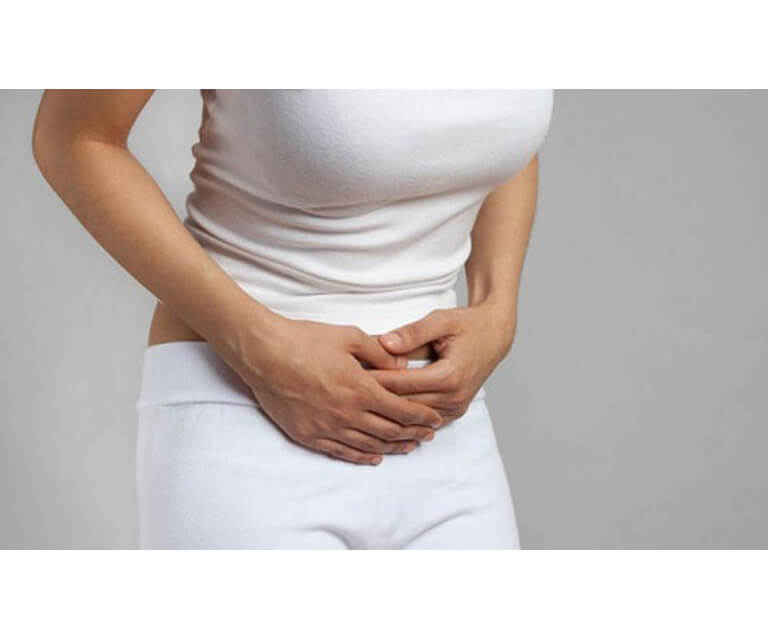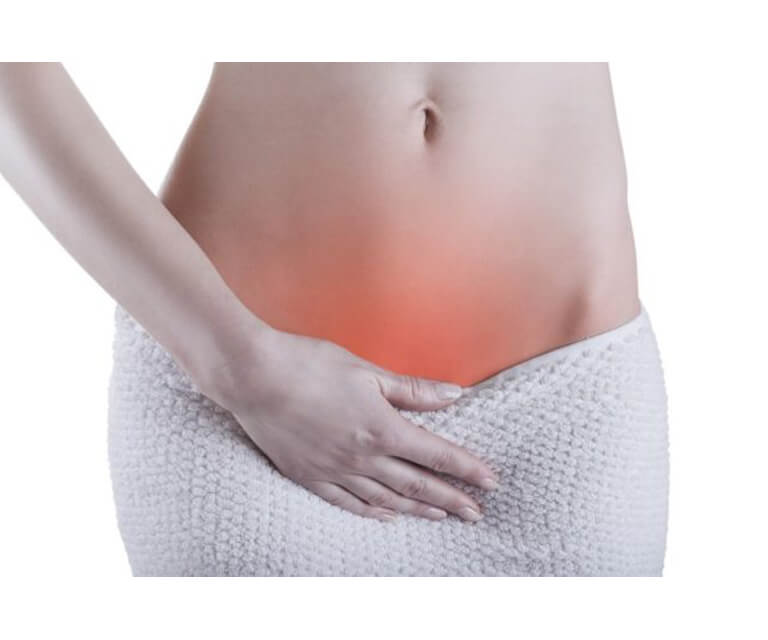Uterine polyps are the lesions and masses of the uterine wall (endometrium) whereas Cervical polyps are small, elongated growths of tissue that protrude into the passageway through the cervix. In the general population, the prevalence of uterine or endometrial polyp is 10% and about 2 to 5% of women are affected with cervical polyps. Usually, polyps are almost benign (noncancerous) and polyps on the cervix do not cause any symptoms. Women in their 40s and 50s, who have more than one child are most commonly affected with polyps. The main reasons for the occurrence of polyps are due to an increase in estrogen hormone, chronic inflammation of the cervix, vagina, or uterus, and clogged blood vessels. Most cervical polyps do not cause any noticeable symptoms. However, some polyps may bleed between menstrual periods or after intercourse, and become infected, causing a pus-like vaginal discharge.
Dr. Nirmal Bhasin, Director of Jannee fertility center, says “You should immediately consult a gynecologist once you experience a white or yellow mucus discharge from Vagina, or abnormally heavy periods.”
Also, vaginal bleeding or spotting may occur:
After sexual intercourse
Between periods
After menopause
After douching
Do Cervical and Endometrial Polyps affect Fertility?
Uterine polyps occur in the endometrium, the tissue that lines the uterine walls, which can affect fertility by lowering the chances of implantation of a fertilized egg. Polyps may even enhance the risk of miscarriage in women undergoing In-vitro fertilization. At Jannee, one of the best IVF centers in Chandigarh, if our doctors suspect uterine polyps, they might perform one of the following diagnostic procedures:
Transvaginal ultrasound
It is performed to see a polyp or identify a uterine polyp as a region of thickened endometrial tissue. Other related procedures are known as Hysterosonography or Sonohysterography.
Hysteroscopy
In this procedure, a flexible, thin, and lighted telescope (hysteroscope) is passed through the vagina and cervix into the uterus to examine the endometrial cavity.
Endometrial biopsy
Here, a suction catheter is put inside the uterus to collect a tissue specimen for lab testing. It is generally performed to confirm Uterine polyps, but sometimes this biopsy examination might also miss the polyp.Although most uterine polyps are benign in nature, some precancerous changes of the uterus or uterine cancers may appear as uterine polyps. Therefore, a doctor will likely recommend examination of a tissue sample for lab analysis to confirm uterine cancer.Usually, small polyps might resolve on their own, so no treatment is advised unless a patient is at risk of uterine cancer.Some hormonal medications may be prescribed as a short-term solution to minimize symptoms of the polyp, because, symptoms typically may recur once the medication is stopped.Hysteroscopy may be performed for the surgical removal of polyps from the uterine cavity. The removed polyp should be sent to a lab examination to confirm cancerous cells.Always remember, uterine polyps might be associated with infertility. After effective treatment of polyps, all doors of Assisted Reproductive Technology open for the patient. Depending on the Reproductive history of the couple they may undergo IUI, IVF, ICSI or Surrogacy to start a family.
If you are also experiencing any of related symptoms of uterine polyps and unable to have children, then you may visit Jannee fertility center. Here, the surgical removal of the polyps is performed by our team of doctors led by Dr. Nirmal Bhasin who has several years of experience in the field of infertility.Book your appointment today for an expert consultation.
Having trouble getting pregnant can be very distressing and it can be disappointing to get a negative pregnancy test every month. It is important to understand that you are not the only one experiencing it. There are many couples who face fertility issues and there are a number of fertility treatments that can come to your rescue , such as Artificial Insemination, In-vitro Fertilisation (IVF), Intra Cytoplasmic Sperm Injection (ICSI), Donor Eggs, Surrogacy, etc. Depending on medical history of a couple one of these treatments may be employed to help get pregnant.IVF is one of the most common treatment given to infertile patients. Thanks to the advancement of science and modern innovations which has made considerably low-cost IVF treatment available. But, before going in for IVF procedures, it is important to rule out some of the common and often treatable causes.Here are some factors that may contribute to infertility:
Irregular Periods/Medical Conditions
Hormones regulate the menstrual cycles and any imbalance in these can make your periods irregular. This has nothing to do with the length of your cycle. Having irregular periods or abnormal bleeding indicates that ovulation may not be taking place every month. This accounts for 30 to 40% cases of female infertility. On the other hand, certain medical conditions such as Polycystic Ovary Syndrome, Thyroid Disorder, Endometriosis, Pelvic Inflammatory Disease, and Blocked Fallopian Tubes may also be the reason for irregular periods.
Stress & Anxiety
Stress affects a woman’s body by disrupting the ovulation and menstruation cycles that could cause a lot of problem in conceiving. Also, stress in men may affect the sperm count. Moreover, it often reduces sperm count to such an extent that a couple will have difficulty in achieving parenthood. You need to identify the cause of stress and act efficiently to eradicate it through exercise, diet, yoga and meditation.
Too Much of Work Out
Experts say that strenuous exercise such as running, swimming, cycling and gymnastics for more than 5 hours a week can cause disturbances to a woman’s monthly cycle, which may further lead to lack of ovulation along with other fertility problems. Being overweight and underweight, are both a hurdle in achieving conception. Consult your doctor to find out the optimum level of exercise to be done to stay healthy and get pregnant without any issues.
Excessive Intake of Alcohol
Sometimes excessive smoking and drinking can reduce the chances of getting pregnant. Smoking and drinking not only harms the general health but also damages the quality of the sperm in males and causes ovulation problems in the females. To improve your chances of getting pregnant, make sure you reduce or quit drinking as well as smoking.
It is important to know that all the above factors may be reducing your chances of getting pregnant. If you and your partner are not succeeding despite regularly trying for conception for more than a year then consulting the experts at Chandigarh IVF can cater the issues being faced.




© 2022 Jannee Fertility Centre. All Rights Reserved.
Designed by AMS Informatics